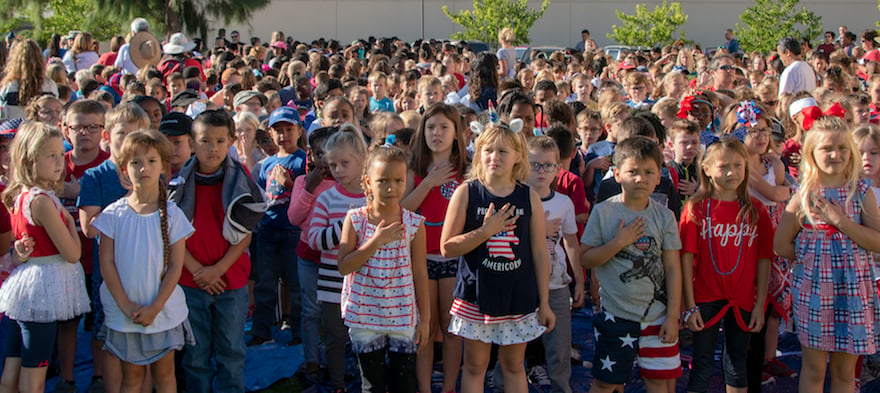
Nov 13, 2018 12:00:00 AM
Shawnta (Shawn-tay) S. Barnes, also known as Educator Barnes, is a married mother of identical twin boys. She navigates education from not only the educator’s perspective but also the parent’s perspective. She has been an educator for nearly two decades. Shawnta works with K-12 schools, universities, & education adjacent organizations through her education consulting business Blazing Brilliance. She is an adjunct college professor, supervises student teachers, Indy Kids Winning Editor-in-Chief, Brave Brothers Books Co-founder, & CEO, and Brazen Education Podcast host. She holds five education licenses: English/language arts 5-12, English to speakers of other languages P-12, library/media P-12, reading P-12, and school administration P-12, and she has held a job in every licensed area. Previously, she has served as a school administrator, English teacher, English learners teacher, literacy coach, and librarian. She won the 2019 Indiana Black Expo Excellence in Education Journalism Award. In 2023, she completed her doctorate in Literacy, Culture, and Language Education with a minor in Learning Sciences. She is an urban gardener in her spare time and writes about her harvest-to-table journey at gardenershicole.com. To learn more about Shawnta, visit educatorbarnes.com.
Few issues in education spark more tension and debate than standardized testing. Are they a tool for equity or a burden on students? A necessary check on school systems or a flawed measure of...
Charter schools are public schools with a purpose. Operating independently from traditional school districts, they're tuition-free, open to all students, and publicly funded—but with more flexibility...
Despite the benefits of a diverse teaching force, prospective teachers of color fall out of our leaky preparation pipeline at every stage: preparation, hiring, induction, and retention. Here’s what...
Ed Post is the flagship website platform of brightbeam, a 501(c3) network of education activists and influencers demanding a better education and a brighter future for every child.
© 2020-2025 brightbeam. All rights reserved.
Leave a Comment